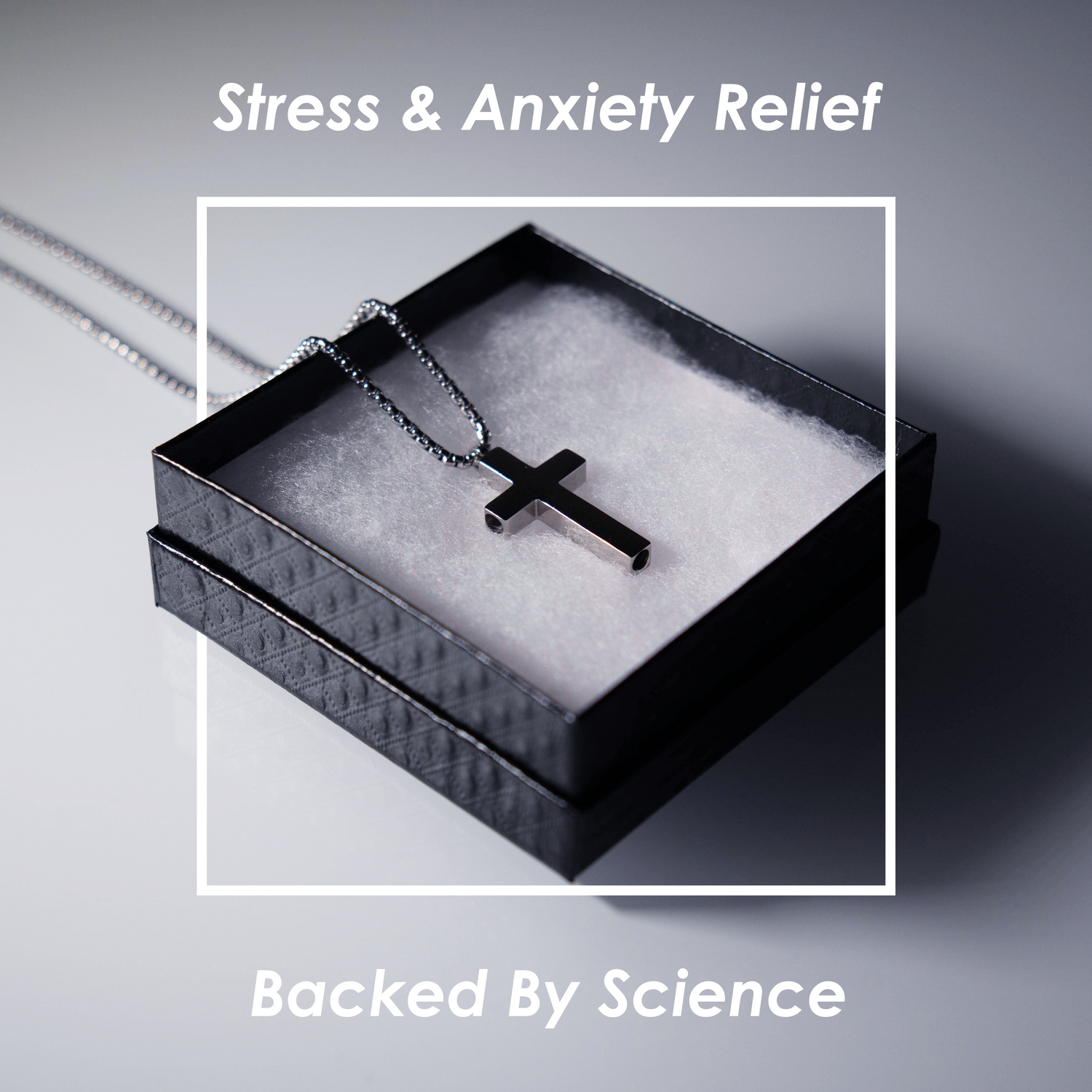Breathing is an essential aspect of life that we often take for granted. It's a automatic process controlled by the respiratory center in the brainstem, which ensures that we inhale oxygen and exhale carbon dioxide continuously. However, we have the ability to control and manipulate our breathing, and this can have a significant impact on our physical and mental health. One of the most effective ways to do this is by slowing down the exhale and activating the parasympathetic nervous system. In this article, we will explore the science behind this concept and how it can improve our overall well-being.
The Parasympathetic Nervous System
The human body has two main branches of the autonomic nervous system that control different functions: the sympathetic nervous system (SNS) and the parasympathetic nervous system (PNS). The SNS is responsible for our "fight or flight" response and activates during stressful situations, increasing our heart rate, breathing rate, and blood pressure. On the other hand, the PNS is responsible for our "rest and digest" response and works to slow down our heart rate, breathing rate, and blood pressure, promoting relaxation and calmness.
The PNS activates when we are relaxed and at rest and helps regulate several bodily functions such as digestion, heart rate, blood pressure, and respiratory rate. When the PNS is activated, it releases a neurotransmitter called acetylcholine, which slows down the heart rate and dilates blood vessels, leading to a decrease in blood pressure and increased blood flow to the digestive system. This allows the body to conserve energy and restore balance, promoting relaxation and reducing stress levels.
Slowing the Exhale and Activating the Parasympathetic Nervous System
One way to activate the PNS and reduce stress levels is by slowing down the exhale. When we inhale, our heart rate and blood pressure naturally increase, but when we exhale slowly and deeply, it triggers the PNS to activate, slowing down the heart rate and reducing blood pressure. This leads to a calming effect on the body, reducing stress levels and promoting relaxation.
Studies have shown that slow and deep breathing can help activate the PNS, leading to a decrease in stress hormones such as cortisol and adrenaline. This can help improve our mood, reduce anxiety, and promote overall well-being. Additionally, slowing down the exhale has been shown to improve sleep quality and enhance overall relaxation, leading to better health and well-being.
In conclusion, the science of slowing the exhale and activating the parasympathetic nervous system is a simple and effective way to reduce stress levels, improve relaxation, and promote overall well-being. By taking a few moments to slow down and focus on our breathing, we can positively impact our physical and mental health and lead a happier and healthier life.




Leave a comment
This site is protected by hCaptcha and the hCaptcha Privacy Policy and Terms of Service apply.